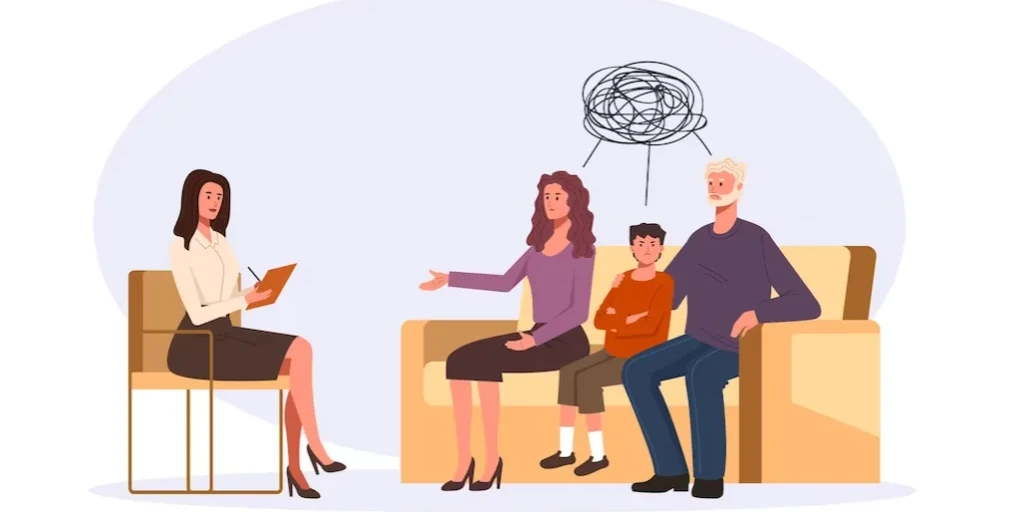24/7 Helpline:
(866) 899-221924/7 Helpline:
(866) 899-2219
Learn more about Group Therapy centers in Bush
Group Therapy in Other Cities

Other Insurance Options

Covered California

Health Net

Ambetter

Humana

Horizon Healthcare Service

Magellan

Oxford

Kaiser Permanente

Private insurance

Ceridian

Access to Recovery (ATR) Voucher

Evernorth

Medical Mutual of Ohio

Lucent

Multiplan

BHS | Behavioral Health Systems

Carleon

CareSource

Holman Group

Coventry Health Care













